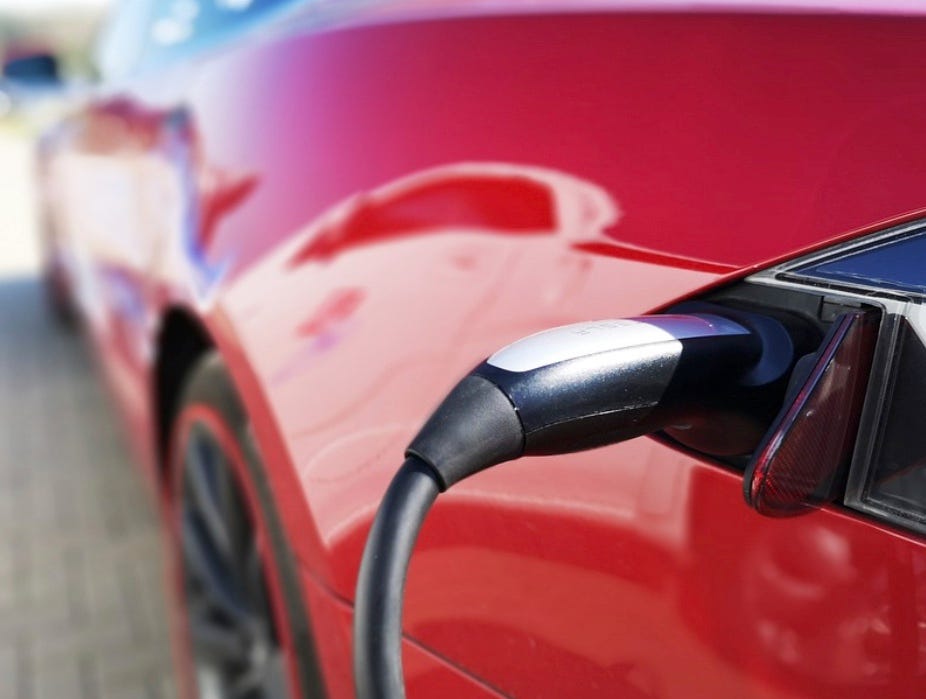Charging stations set to spark a retail revolution
Opportunity knocks as EV motorists linger longer than gas customers
(A native of England, Matthew Diebel is a veteran journalist who has worked at NBC News, Time, USA Today and News Corp., among other organizations. Having spent his childhood next to one of the world's fastest bodies of water, he is particularly interested in tidal energy.)
It’s been a pattern of life for many decades. A driver pulls into a gas station, puts their credit card in the pump, fills her up and goes. And quite often they go into the attached convenience store and buy a carton of milk or a bag of snacks.
But now electric vehicles are about to upend that pattern. Because an EV charge takes several times longer than pumping a few gallons of gasoline, drivers are going to have more time to shop. And eat. And be entertained. And both oil companies and station owners are realizing this.
For example, BP (BP) is planning to bolster its convenience stores as it increases the number of charging stations worldwide from about 13,000 currently to 100,000 by 2030, reports MarketWatch. And Parkland (PKIUF), one of Canada’s largest gas station owners, is targeting purchases of small food chains in the U.S. to turn them into food stops for people charging up their cars.
“We are looking for smaller chains, smaller businesses that we can take,” Parkland CEO Bob Espey told Bloomberg. “We continue to see good value in the marketplace, particularly in the U.S., where the market is so very fragmented, to buy local independents and bolt them onto our platform and generate good returns for shareholders.”
The transition, Espey said, would open up opportunities for larger retail centers on major highways where drivers can grab a bite while waiting for vehicles to charge. “As gasoline demand starts to tail off, we can supplement that,” he added.
Last year, Parkland announced it was rolling out EV fast-charging stations at 25 existing retail sites in British Columbia, most with convenience stores, restaurants and wi-fi. The province has Canada’s highest penetration of electric cars, Espey said.
Expect to see changes soon at your local 7-Eleven.

